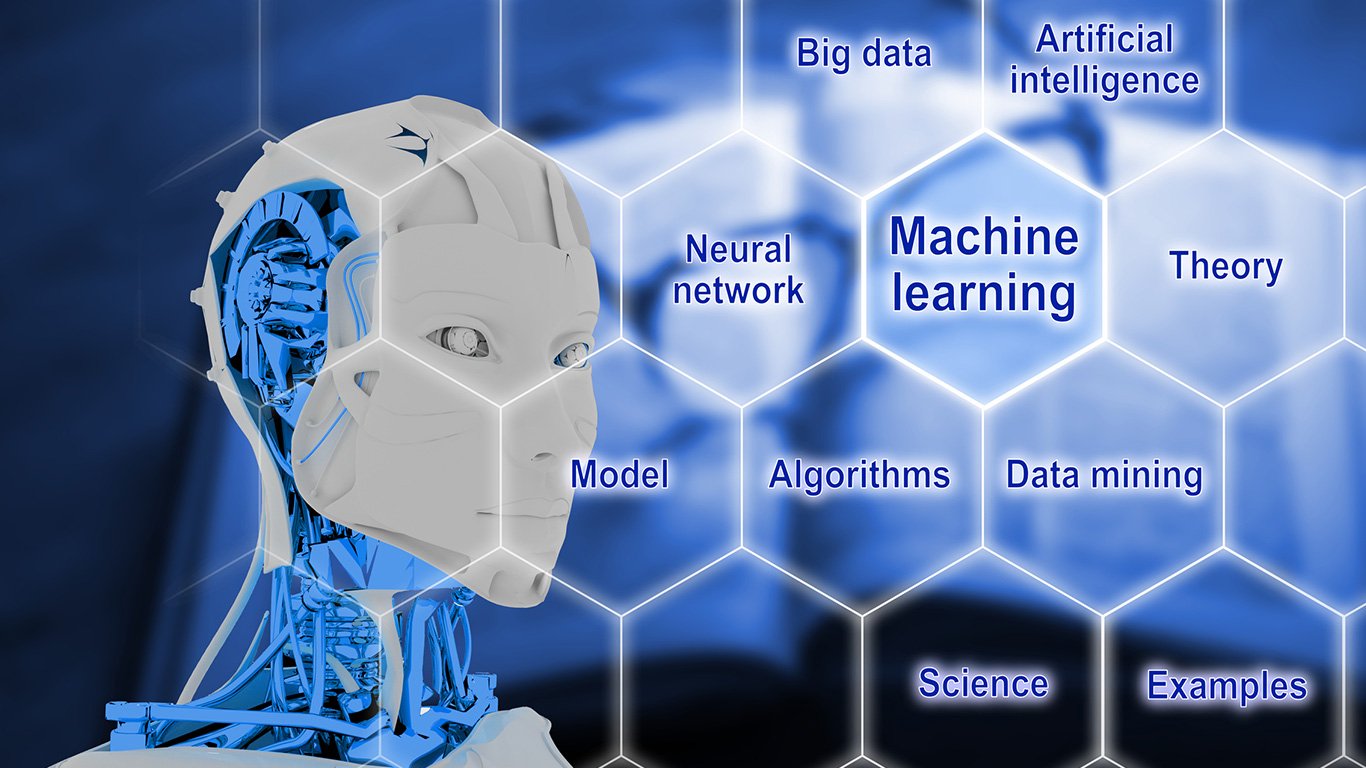Navigating Market Trends: The Anticipatory Capability of Artificial Intelligence
In present fast-paced business environment, being ahead of market trends is more important than ever. Companies are progressively turning to artificial intelligence to gain a market advantage and make informed decisions. AI has the capability to examine vast amounts of data at lightning speed, uncovering trends and insights that would be almost impossible for humans to discern. This predictive power allows businesses to predict customer needs, improve operations, and customize their strategies to address ever-changing demands.
The integration of AI into business processes not only enhances productivity but also drives innovation. By streamlining routine tasks and providing data-driven recommendations, AI liberates valuable time for employees, allowing them to devote their energy to innovative problem-solving and tactical initiatives. As organizations utilize the power of AI, they are not merely reacting to market trends; they are actively shaping their futures and paving the way for sustained growth and success.
Understanding Market Patterns

In the current rapid business environment, understanding market trends is crucial for staying in the game. Trends provide insights into customer behavior, preferences, and upcoming technologies, permitting businesses to modify their strategies successfully. By identifying patterns in data, companies can project future movements and make knowledgeable decisions. This foreseeing power is ever more enhanced through the integration of artificial intelligence, which offers complex analytics capabilities that exceed traditional methods.
AI excels at processing vast amounts of data quickly and accurately. By analyzing past data and live information, AI can reveal correlations and trends that might be overlooked through human analysis. This ability allows businesses to anticipate changes in market dynamics, spot new opportunities, and reduce potential risks. As companies harness the predictive power of AI, they can create strategies that are agile and reactive to the evolving market landscape.
Moreover, AI can provide tailored insights, specific to certain industries or customer segments. By dividing data, AI tools can help businesses comprehend different market facets, permitting them to target their marketing efforts more successfully. This level of granularity not only boosts decision-making but also enhances the potential for customer interaction and happiness. Adopting AI in market analysis is no longer just an advantage; it has become a necessity for businesses aiming to succeed in a competitive marketplace.
AI Techniques in Market Trend Forecasting
Artificial Intelligence models have transformed the way businesses analyze industry trends by utilizing vast amounts of data to identify patterns that would be difficult for people to notice. These techniques employ ML methods to gain insights from historical data and produce predictions about upcoming trends. By identifying minor shifts in customer behavior, economic indicators, and industry developments, AI can deliver insights that guide strategic decision-making and improve competitive advantage.
One of the key strengths of AI in trend prediction is its capability to process data in real-time. Companies can respond more swiftly to new trends by employing AI-driven analytics that monitor social media, online sales, and search engine searches. This real-time analysis helps companies stay proactive, allowing them to adapt advertising tactics, refine inventory, and create product offerings based on predictive insights.
Additionally, artificial intelligence models can continuously improve their predictive precision through iterative processes. As businesses implement strategies based on AI predictions, they generate new data that the models can improve from. This cyclical process makes artificial intelligence not only a valuable tool for short-term trend analysis but also a sustained asset for refining company strategies as market dynamics evolve. The capability to predict trends with increasing precision ultimately allows businesses to make informed decisions that foster growth and sustainability.
Case Studies of AI Success
Many businesses have harnessed the power of AI to propel innovation and enhance efficiency. One notable example is a leading coffee brand, which has incorporated AI into its customer experience through its mobile app. By scrutinizing customer purchasing patterns and preferences, Starbucks can provide tailored recommendations and offers. This targeted approach has not only enhanced customer satisfaction but also increased sales, showcasing the significant impact of AI on customer engagement.
Another intriguing case is that of a leading streaming service, which uses AI algorithms to tailor content recommendations for its subscribers. By analyzing viewing habits and preferences, Netflix's AI system can suggest shows and movies tailored to individual tastes, keeping users occupied for longer periods. This data-driven strategy has been a crucial factor in Netflix's growth, highlighting how AI can be applied to enhance user experience and drive retention in competitive markets.
In the retail sector, Walmart has adopted AI to optimize its supply chain management. By using machine learning to forecast demand and manage inventory levels, Walmart can reduce costs and ensure that products are available when customers need them. This application of AI not only enhances operational efficiency but also optimizes the overall shopping experience for customers, highlighting the versatile advantages AI provides across various business domains.